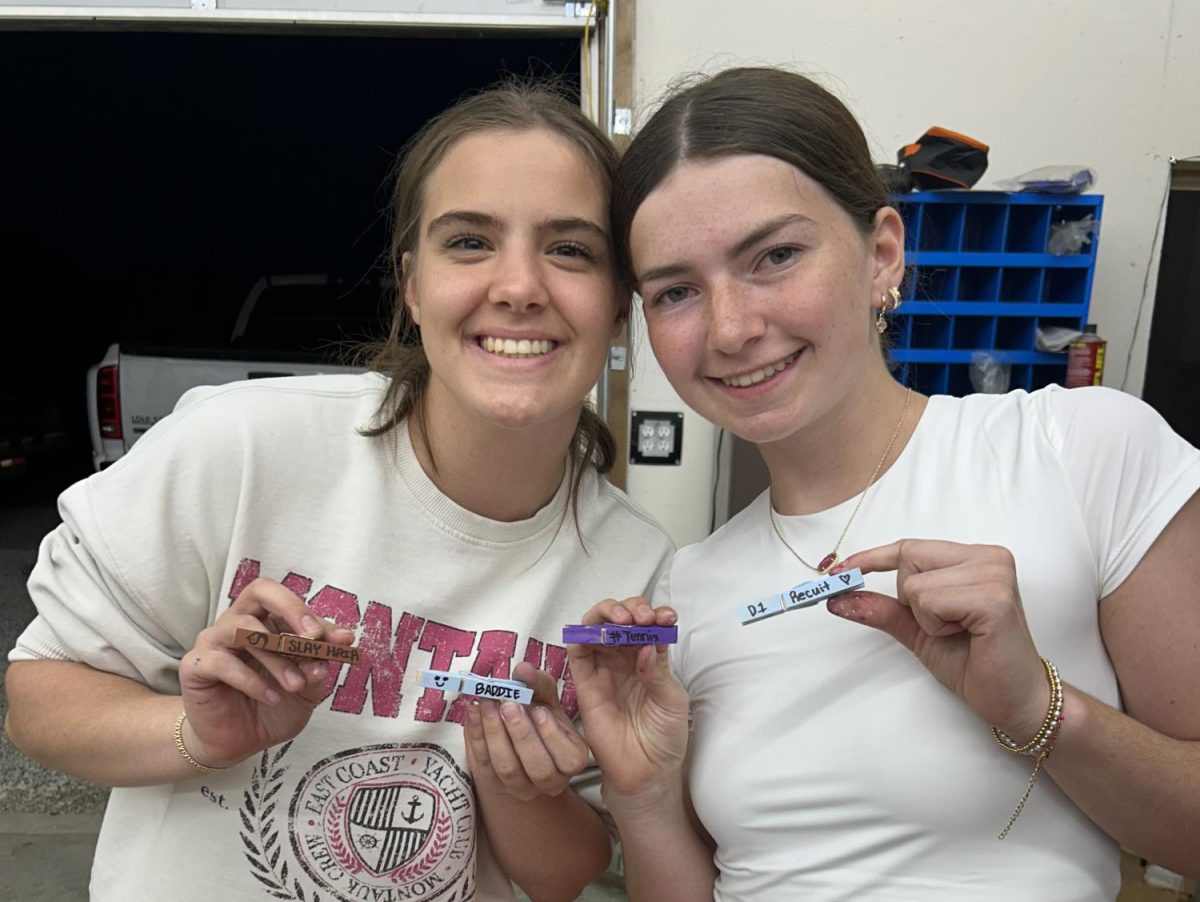What to Know Before You Caucus
Those who will be of age at the time of the next presidential election are encouraged to participate in the upcoming caucus.
Democratic presidential candidate Beto O’Rourke meets with the public at an event held in Atlantic last spring. O’Rourke is one of 20 Democratic hopefuls for the 2020 election.
September 16, 2019
The Iowa caucus is quickly approaching, and that means it is time to get registered if you’re able. It is important to know how to vote and who to vote for in this upcoming caucus because it decides who will be on the ballot for the 2020 election. “The biggest thing that people need to know is how to get involved,” history teacher Henry Hallgren said. In order to participate in Iowa’s caucus, you need to prove that you will be 18 by the general election in 2020. “A good way to do that is to just show your driver’s license when you register to vote,” Hallgren said. Another important thing to know is that you must register to vote with a party. This is because Iowa has closed primaries. A closed primary means that only those registered with a party can participate in their party’s primary. You can register with a party at the caucusing place, or at the auditor’s office in the courthouse.
“Students should get involved in caucusing because it is a great way for them to make their voices heard at a national level when we don’t get many opportunities to do that,” Hallgren said. Iowans, in particular, have an important role in caucus. Iowa holds the first caucus in the United States and has held the first since 1972. “Iowans have a really unique ability to sort of shape who gets to be president and I think that’s something that’s important for all of us to do,” Hallgren said. “I think it is also important for students to remain politically active especially locally, because local and state laws affect us way more than national laws tend to.”
While this isn’t a vote that decides who will be president per se, it is still important to realize the significant effect it has on who is campaigning to do so. The most essential thing about this process is that the public is aware of who is running and what their values are.
In the race, there are four Republican candidates including President Donald Trump. On the other side of the spectrum, there are 20 Democratic candidates, including Joe Biden, Elizabeth Warren, and Bernie Sanders.
Caucus in Iowa will be taking place on Feb. 3, 2020.










